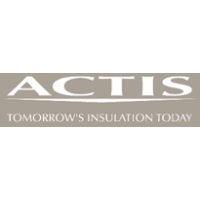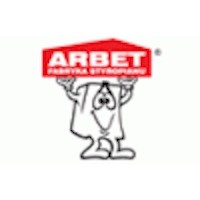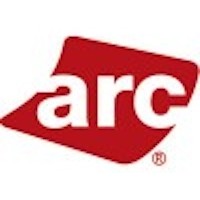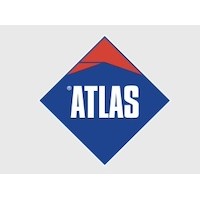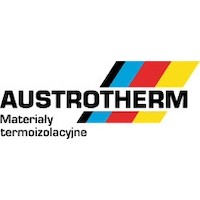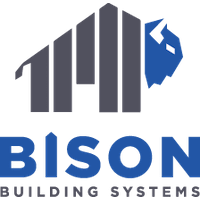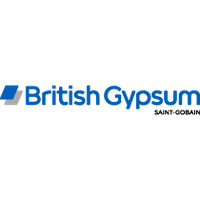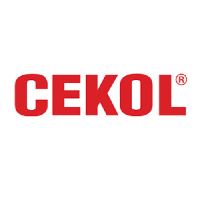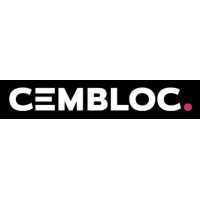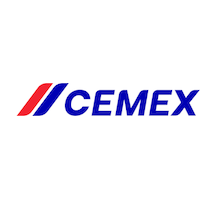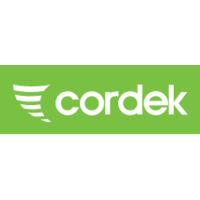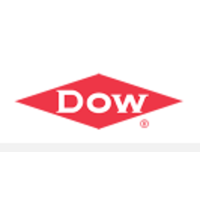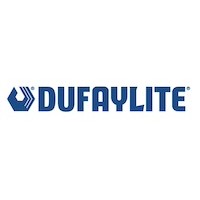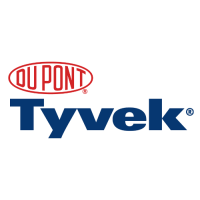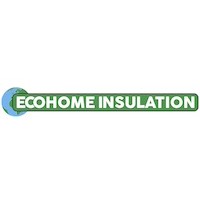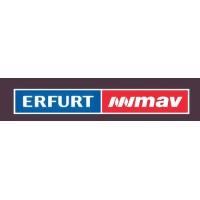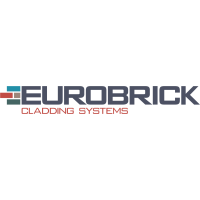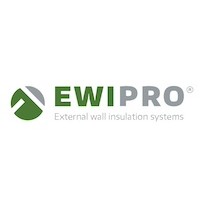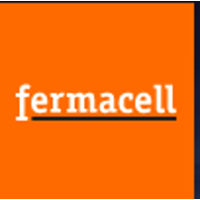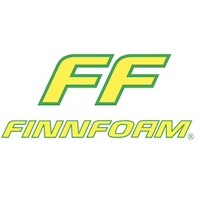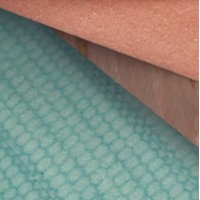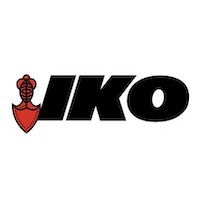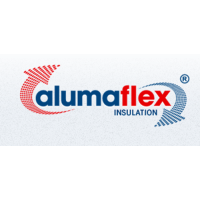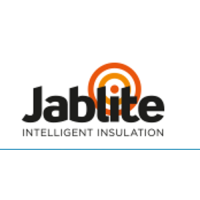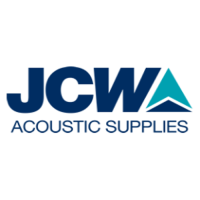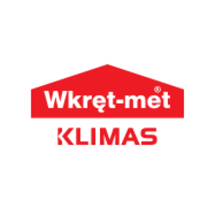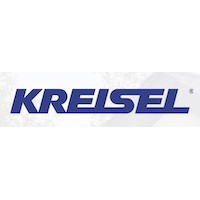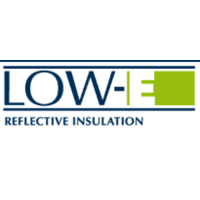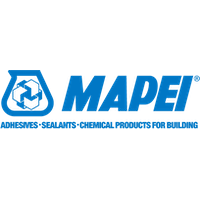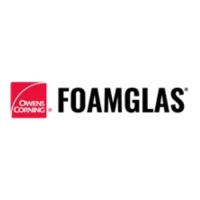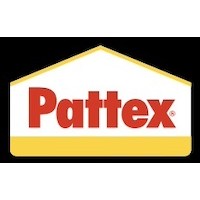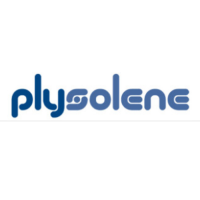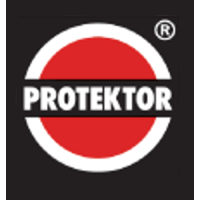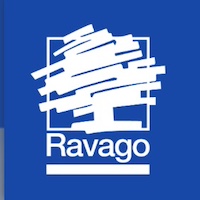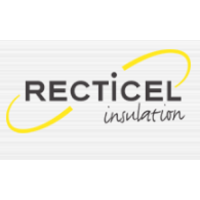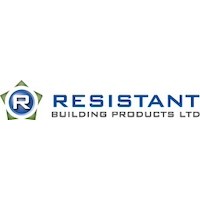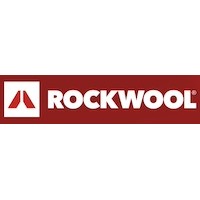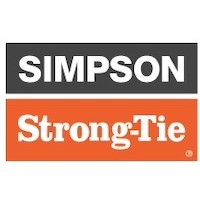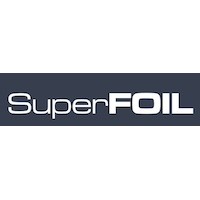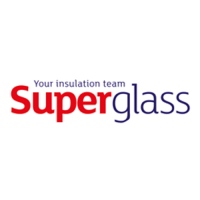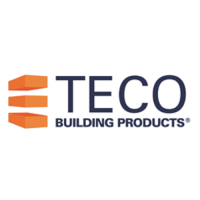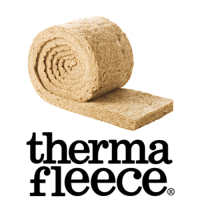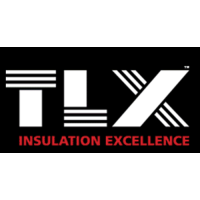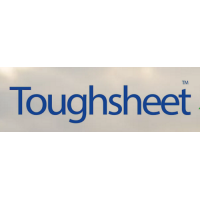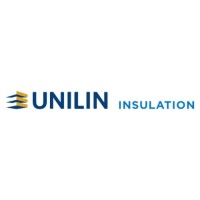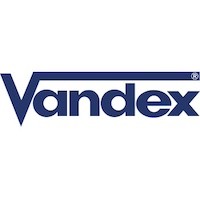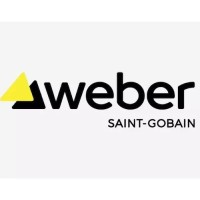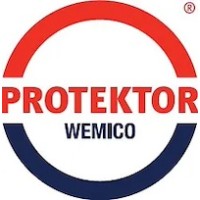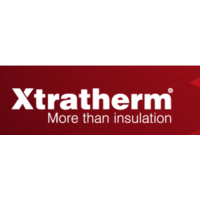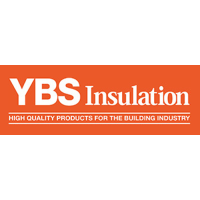Are People in the UK Aware of Draught, Cold and Damp within their Homes
What Would You Do to Improve Energy Efficiency within your Home?

In order of showing just how big a problem draught, damp, mold and cold can be, the Energy Saving Trust has developed a series of research known as the UK Pulse, whereas the main idea is to learn about the energy efficiency problems people are dealing with in the UK and also determine just how far are they willing to go in order of installing some upgrades and improvements. An important (and troubling) fact is that the research has shown that 44% of households are battling with draught, 37% with condensation and 28% with mould issues. However, what could potentially be a good thing is that around 24% of home owners (renters) are planning on undertaking some measures in order of dealing with draught problems.
Although the research has shown that people see solar panels and investing in other renewable energy sources as probably the best solution in improving energy efficiency within their home, a very low percentage of the participants were actually aware of just how much energy do home appliances use and just how much they could save with some useful yet simple tricks referring to lower energy use and thus lower energy consumption. For example, only 16% were aware how much it costs to run a fridge over the year and even lower percentage (10%) knew how much it costs to run an electric kettle. Well, turning off electric appliances and especially light when you are not using it, can considerably contribute to energy saving throughout the year. The same goes for switching to LED lights (the good news is that over half of the participants have stated that they have at least one LED light within their home) and draught-proofing which includes sealing off the gaps and holes around your windows and doors. Finally, the most expensive but also the most efficient measure refers to switching to renewable energy sources such as installing solar PV panels and heat pumps.
What is important to mention here is the fact that there are special tariffs and incentives developed that are aimed to assist the financing renewable energy use. For example, the costs of purchasing and installation of solar panels just as the Feed in Tariff for electricity generating solar PV panels are going down which means that your initial investment in renewable energy will be much lower. On the other hand, special financial incentives for upgrading your heating system (such as installing heat pumps) such as the Renewable Heat Incentive (RHI) can also assist you initially. This is something that deserves special attention due to the fact that the research has shown that around 60% of the participants would be willing to invest into energy efficiency moderations such as solar panels if this could save them between £750 and £1.500 per year, which would actually be the case, while almost the same percentage would be more interested in buying or renting a house that has some energy improvement measure already installed.
Finally, let’s not forget the classic energy efficiency improvements that never get out of fashion due to the fact that these can help you successfully fight more than one problem including draught, damp, mould, cold and heat. We are of course talking about proper insulation, mostly cavity wall and loft insulation, which have been identified as the greatest sources of heat loss and gain and thus deserve special attention. Properly installed insulation combined with some other useful measures that do not need to be too costly, such as the aforementioned double glazing and draught-proofing, proper ventilation and necessary repair work such as renewing damp course or plastering, can help you save energy and turn your home into a perfect habitat for you and your family throughout the year.
Insulation Shop offers a wide range of affordable insulation products for your 2015 insulation project. Send your quote enquiries to info@insulationshop.co or order directly from our insulation online shop.

